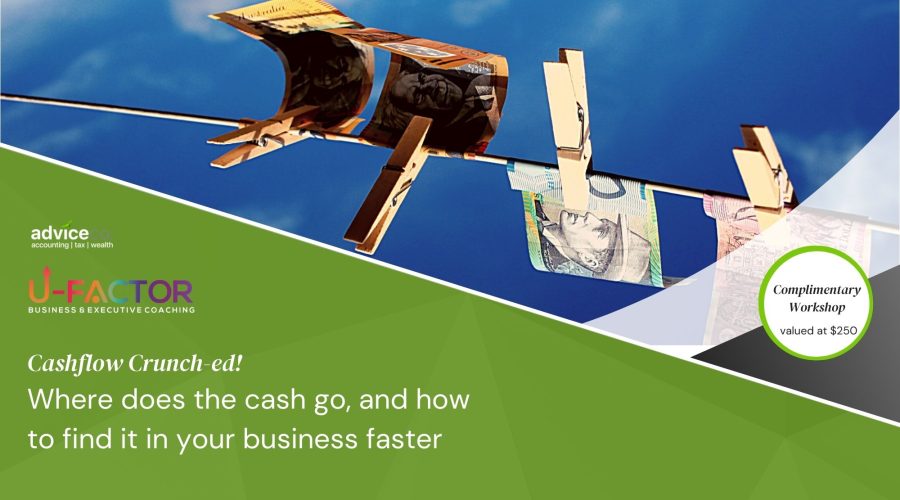Investor Focus: Go to the head of the class with education costs Posted on October 9, 2018
This month, we share with you a popular strategy to help with funding a first class education for your family.
How much will you pay for your children’s education? Parents everywhere are caught between the celebration and quiet distress of another school year. It’s no secret that education will be expensive.
Martin McGrath, Financial Services Manager says, “your kids’ education could end up being the biggest expense after your mortgage”.
Martin explains, even starting with a small amount, like part of the Federal Government Maternity Payment, could be one option of securing a better future for your children’s education. But according to the Australia Institute survey of parents, only 11% said they put away payments into an investment for their children.
“For many, the best part of investing is the ‘compounding,’ which means that you earn interest on the interest as well on whatever you put in, and this extra income can act as a good financial reinforcement for many parents”.
How can managed funds help you manage costs?
Investing directly in shares can be effective, but if you have kids then it might be difficult to find even ten minutes to look after the paperwork. Alternatively, a managed fund is a combination of your money and other investors’ money pooled together. It can be another way of investing, but without a lot of the hard work and administration.
Fortunately, you don’t have to start with a lot. A good plan is to start with $1,000 and then build up with regular deposits over time, say, a small amount each month. And the best part, the longer you have the managed fund, the more you earn, giving you an efficient method of creating income or saving long-term for your child’s education.
The graph shows an initial investment of $10,000 into a diversified fund, earning 7% (4.9% income and 2.1% capital growth) and assuming net earnings are reinvested into the fund.

What about a trust fund?
Consider a trust to distribute your savings to children. In many cases, a trust can avoid the high child tax rates, and your ‘trustee’ is legally obliged to act in the best interests of your children (or other beneficiaries) so the money could help pay for their education, at whatever stage of school.
Martin adds, “This could be a good idea to consider if you wanted to help with children’s expenses in the future, and especially since many grandparents help out with the cost of education, it’s worth thinking about now”.
Looking ahead
Planning for your children’s education might need more than checking your account balance. Would you still be able to pay the school fees if you were suddenly left without an income? In the case of an accident or emergency, wealth protection insurance could help you keep up with the costs and secure your children’s education.
Start thinking about your goals and budget sooner rather than later for a financially happy ending. No matter what stage of education, if you’re worried about the expenses, or the impact it will have on your future and your children’s future, talk to a financial adviser as soon as possible.
Important steps to consider for your child’s education:
· If one parent stops working, work out a single-income budget;
· Invest on a regular basis and as soon as possible to benefit from compounding;
· Speak to your adviser about family or child tax benefits;
· Update your insurance to include your children and consider their education needs going forward; and
· Find out from the school whether you can pay fees ahead of time, this could mean avoiding price hikes down the line.





